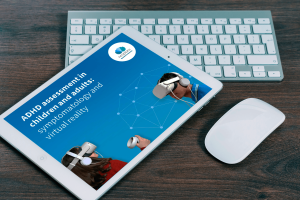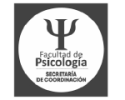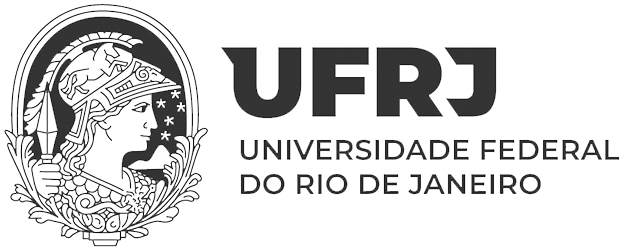ℹ️ Si quieres leer este contenido en español, haz clic aquí.
In the ever-evolving landscape of neuropsychological assessment, staying ahead requires embracing innovative tools that adapt to the complexities of cognition. Now, we’re taking a significant leap forward in our journey with this exciting achievement: Nesplora Memory Suite has its normative study officially published in the academic realm. The study “Suite test. A virtual reality based neuropsychological assessment tool for memory. A normative study on immediate, short-term and delayed memory tasks“, published in the Journal “Applied Neuropsychology: Adult”, demonstrates the significance of normative data specifically tailored for memory assessment. It emphasizes the need for up-to-date norms that consider variables such as age, education, and cultural background.
The normative study conducted by Gema Climent, Fidel Rebon-Ortiz, Miguel Saura-Carrasco and Unai Diaz-Orueta, exemplifies a commitment to accuracy and relevance in memory assessment through virtual reality. The sample included 676 subjects aged from 12 to 85 years and with equitable representation between the female and male genders.
Key conclusion:
Suite Test can help explore memory deficits across the life span and differentiate between visual and verbal memory strategies. Further research is required to study the test sensitivity and specificity, as well as convergent validity studies with well-established memory assessment tools.
Highlights and considerations from this normative study:
- Core variables were categorized into immediate, short-term, and long-term delayed recall.
- Cluster analyses identified five distinct age groups: 12 years old, 13 to 26, 27 to 44, 45 to 58, and 59 to 85.
- Gender-specific norms were established only for the transition from adolescence to adulthood (13 to 26) and from middle age to older adulthood (45 to 58). No statistically significant differences were observed for additional gender × age normative groups or for any groups differentiated by educational level.
- Confirmatory factor analysis revealed the presence of two distinct factors:
- One associated with encoding processes (immediate memory trials).
- The other linked to retrieval processes (both short-term and long-term delayed recall trials grouped into the same factor).
- Additional insights into test reliability and internal consistency are presented in the study’s results.
Why normative studies are extremely important
Normative studies are the foundation of accurate and meaningful neuropsychological assessments. They provide a benchmark against which an individual’s cognitive performance can be compared, aiding in the identification of cognitive deficits or abnormalities. In the context of memory assessment, normative data allows clinicians to distinguish between normal age-related decline and potential pathological conditions.
Memory assessment and Nesplora Memory Suite
Let’s deep dive into Nesplora Suite, a tool that stands out in the realm of memory assessment thanks to the incorporation of virtual reality. This integration allows for a more comprehensive understanding of memory functions in real-world scenarios, surpassing the limitations of traditional assessments. From spatial memory to episodic memory, Nesplora Suite covers a spectrum of memory domains, providing a holistic view of an individual’s cognitive profile. Suite offers a unique advantage in memory assessment by offering ecologically valid results from mimicking real-life situations. It measures variables such as the learning curve within the test, the immediate memory, long-term memory, auditory and visual memory, recognition, prospective memory, and primacy and recency effects. Moreover, the interactive and engaging nature of VR assessments can enhance patient motivation and compliance, especially in individuals who may find traditional paper-and-pencil tests monotonous or anxiety-inducing. This aspect is particularly valuable when working with diverse populations, including those with neurodevelopmental disorders or cognitive impairments.
For neuropsychologists and psychologists keen on exploring the potential of VR in memory assessment, Nesplora Suite stands as a beacon of progress. By incorporating the latest normative data and harnessing the power of virtual reality, this tool not only meets the demands of the modern era but also paves the way for a more nuanced understanding of memory functions in diverse populations. As technology continues to shape the future of cognitive assessment, Nesplora Suite remains at the forefront, facilitating a paradigm shift in how we perceive and evaluate memory.
You might also like…
ADHD assessment in children and adults: symptomatology and evaluation with VR
Are you a professional already taking advantage of virtual reality as part of your treatment?
Optimize your assessments as well and… join the professionals who are at the forefront of Neuroscience!
You can also write to customers@nesplora.com and we will contact you.
Follow us on Facebook, Twitter, Instagram, LinkedIn & YouTube for more content on neuropsychology, virtual reality and clinical practice, cognitive processes, education and mental health.












